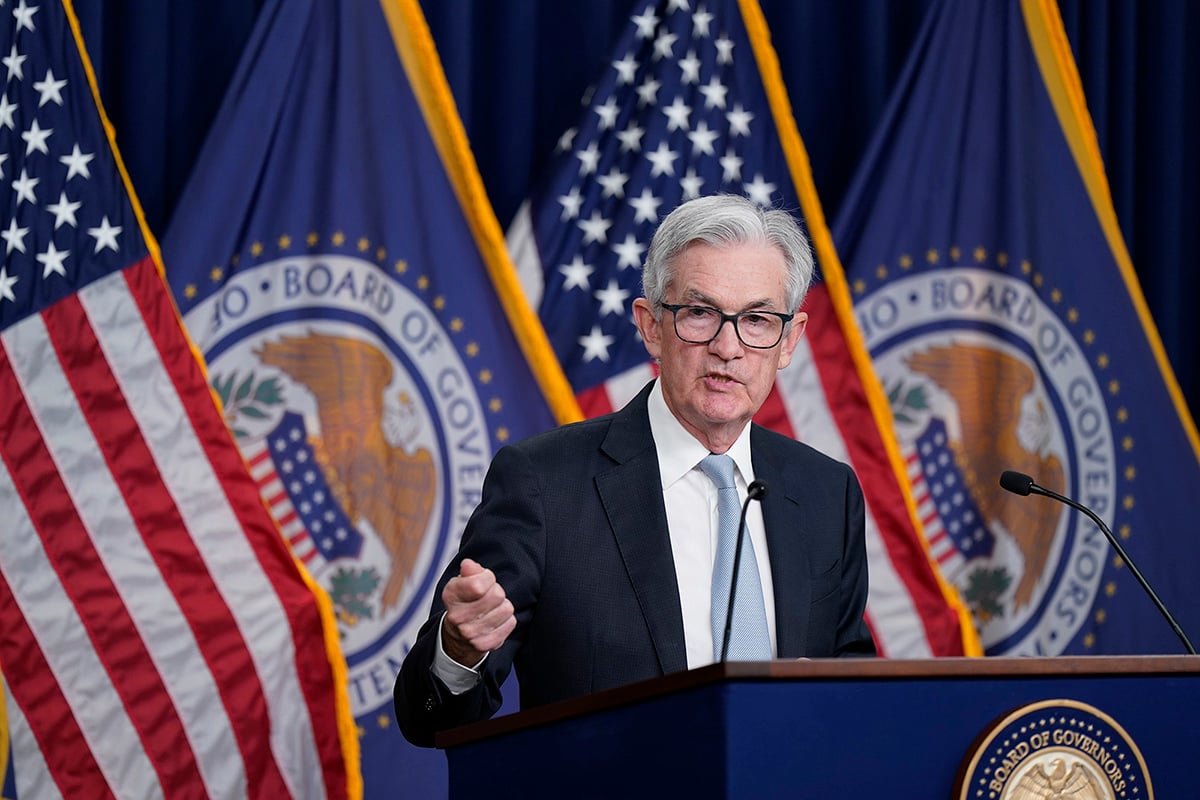Once a year at the Memphis corporate headquarters of FedEx Corp., executives representing each of the company's corporate-level departments and operating units sit down together and assess the different risks the company faces.
"We'll consider plane crashes, computer outages, disruption at one of our transport hubs, the loss of a package of national importance–we have numerous issues that we evaluate and rank based on our vulnerability assessments," says Bill Margaritis, corporate vice president of worldwide communications and investor relations with FedEx.
Meetings like these are fairly common across the corporate landscape, but at FedEx there is a significant twist on business as usual. Besides considering the financial impact of each event, the provisions for business continuity and the effect on customer service as other companies do, FedEx executives also ask what would happen to the company's reputation if any of these potential disasters occur. "Reputation is a strategic asset that needs to be managed in a highly disciplined and focused manner on a sustained basis," says Margaritis. "We believe that a strong reputation can act as a life preserver in a crisis and as a tailwind when the company is on the offensive."
Complete your profile to continue reading and get FREE access to Treasury & Risk, part of your ALM digital membership.
Your access to unlimited Treasury & Risk content isn’t changing.
Once you are an ALM digital member, you’ll receive:
- Critical Treasury & Risk information including in-depth analysis of treasury and finance best practices, case studies with corporate innovators, informative newsletters, educational webcasts and videos, and resources from industry leaders.
- Exclusive discounts on ALM and Treasury & Risk events.
- Access to other award-winning ALM websites including PropertyCasualty360.com and Law.com.
*May exclude premium content
Already have an account? Sign In
© 2024 ALM Global, LLC, All Rights Reserved. Request academic re-use from www.copyright.com. All other uses, submit a request to [email protected]. For more information visit Asset & Logo Licensing.






